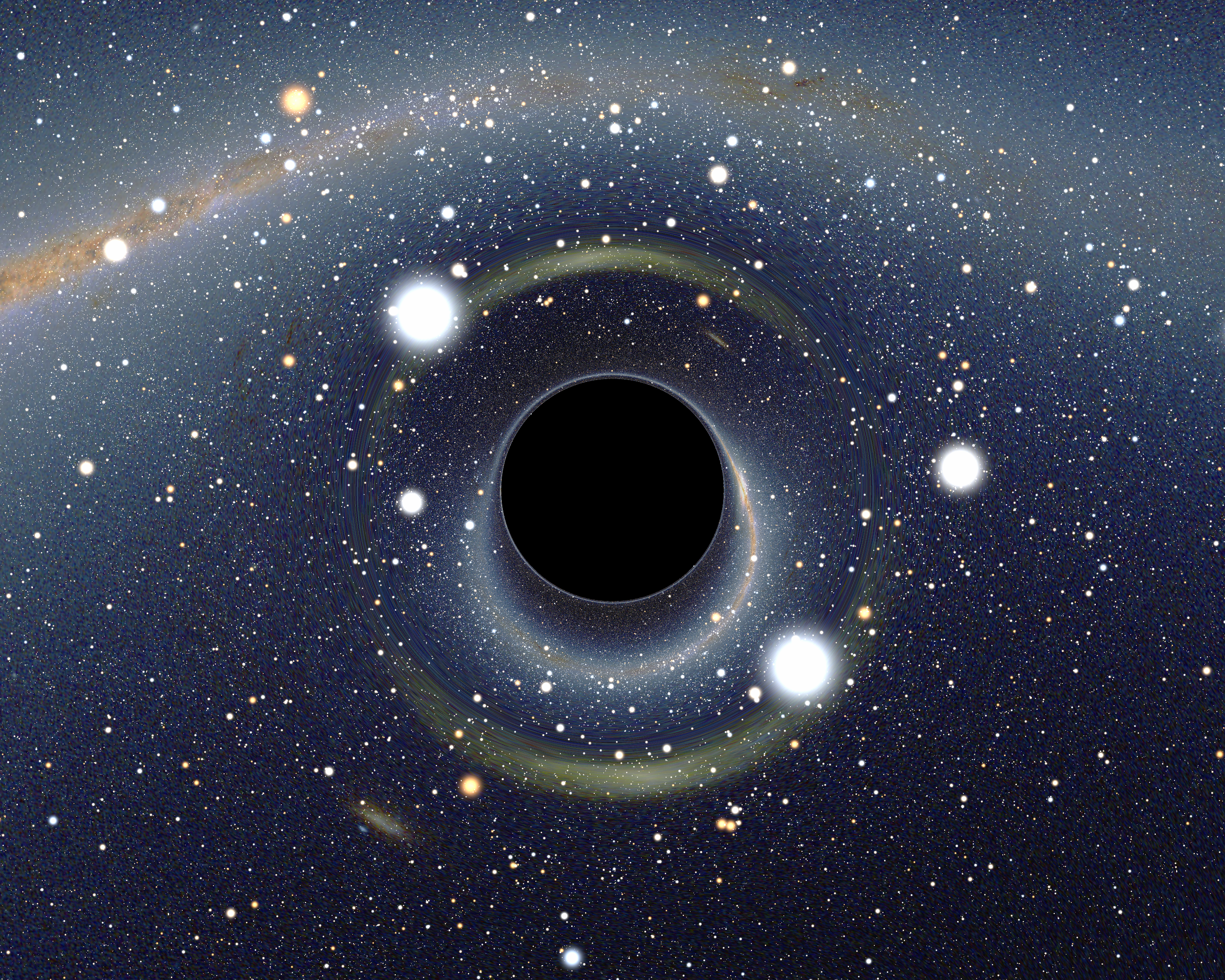Baxter and I are prone to the idea that Descartes was a real hit with the ladies. He lived from March 1596 to the February of 1650. It was a transitional period for Europe and like all transitional periods there was war, religious strife, hell on earth, Galileo got into trouble with the inquisitions, it was all happening. At a young age Descartes became a mercenary for the Dutch Free State, he became a military engineer, he was a mathematician, a philosopher who inherited property which he sold and converted into bonds which allowed him to concentrate on his studies. He became an interesting chap who changed his name a lot, he lived in a pub with one of his girlfriends, had a child with someone's maid, he accused someone of plagiarizing his work and on it went. Meanwhile in mathematics he made the connection between algebra and geometry which was the precursor to Calculus. In philosophy, with his I think therefore I am, he introduced us all to the duality of the mind/body problem and when a number of Princesses read his books he became a must have in the Salons of Europe and Scandinavia. Baxter's question is, "What did we think consciousness was before Descartes?" Part of the answer can be surmised in two books by a Doctor of the Church, Saint Teresa of Avila. The Way of Perfection written in 1583 and The Castle written in 1577, both written before Descartes was born. The Way of Perfection is all about how to pray, the object of the exercise being to develop a relationship with prayer that put you in a position to talk to God, which Teresa believed was through silence, no words required. The inspiration for The Castle came to Teresa through a vision from God himself. It was an account of exactly what happened when you died, the varies processes you went through and your meeting with the almighty, or in Teresa's case her husband, Jesus. In those days, outside of Europe, where the process of centralization was a long way from even beginning to think about running a course, places like Nova Scotia or Central Africa, the sun, the moon, the stars, the distant hills were conscious. If you winked at them, they'd wink back. Then on February the fifteenth 1861, Alfred North Whitehead was born in a seaside town called Ramsgate in Kent, England, to a remarkably well adjusted family well cared for by cooks, nannies and maids, a family that included polo players, teachers, madrigals and vicars.
Der Individuationsprozess.
Being a Higgs Boson
What Might it be Like to be a Bat?
Definitions of Consciousness
One of the finer points about being in the final lap there's no need to tread lightly on subjects such as the Definition of Consciousness. A simple definition goes something like: "Aware of self and one's surroundings." Pretty much a Being in Time and Place. There's an Australian who addresses consciousness by considering a definition of consciousness in terms of two problems. Easy Problems and The Hard Problem. The Easy Problems can theoretically be solved by using science. These Easy Problems include functional aspects and how they work, such as being able to react to the environment, an exploration of cognitive systems, ability to control behavior. You know, simple stuff that so many of us struggle with. The Hard Problem is an explanation for the subjective experience of, for example, eating a hard boiled egg, or deciding to acquire a red beaky cap. Our Australian suggests there is no scientific answer to the Hard Problem.
The Inadequacy of Rapture as an Ending
The Gods and Politics
The last refuge of a scoundrel
Hat wear and aneurysms
Beaky Hats and The Authentic
Grant for a moment that experience precedes essence. Go ahead, risk your eternal soul and embrace the word poesy, it meant let it be, from the Greek for Creative which morphed into the English for Posey, which are hospital bed restraints, and the word Posy, a rural flower arrangement as well as an early version for the modern word Poetry. The secret is to permit the idea to become manifest by Being in the World, a Dasein. The Beaky Cap, like the piccadill, could follow a long tradition. In the same way that a piccadill collar gave it's name to Piccadilly Circus in London England. Beaky Cap could one day be the name of a prophylactic in Down Town Washington DC.
The Beaky Cap Nightmare
I've never trusted them. For the fortunate few who might not know what they are, I see them as statements for the mildly retarded. Time to stand up against them





